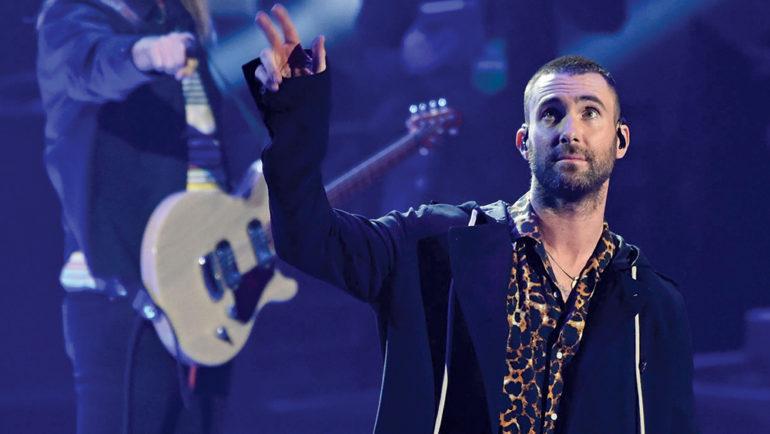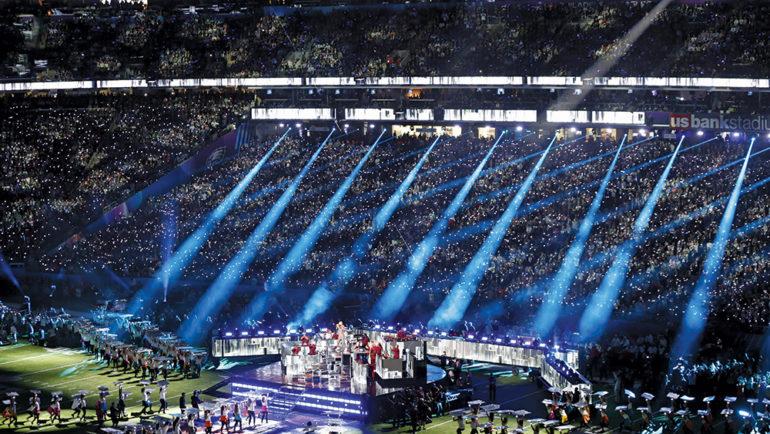Why Super Bowl Ads Have Become a Harder Sell
By Brian Steinberg
LOS ANGELES (Variety.com) – If you think that getting people to advertise during the Super Bowl is easy, think again. In truth, hooking advertisers on TV’s biggest annual event has become a harder sell.
The draws more than 100 million viewers annually, resulting in outsize TV ratings and scads of valuable social-media reactions and pass-alongs. And yet, Madison Avenue is vacillating more about whether to buy an ad in the big game than it has in years.
Not too long ago, TV networks would gleefully announce by September or October that they had sold all the inventory in their coming Super Bowl broadcast, a first-quarter media extravaganza that typically adds millions of dollars in ad revenue to the coffers of CBS, Fox or NBC, the three networks that rotate rights to broadcast the game. These days, the “Done!” sign appears only hours before kickoff — and sometimes not at all.
Deciding to get in on the action “has become a little bit more challenging” for advertisers, says Jeremy Carey, managing director for Optimum Sports, a sports-media agency that is part of Omnicom Media Group, a large buyer of commercial inventory. Advertisers have much to consider. “It’s an expensive product, and rightly so: There’s no other event that generates that much mass scale.”
CBS has said its upcoming broadcast of Super Bowl LIII, slated to kick off in Atlanta on Feb. 3, is “more than 90%” sold. TV networks typically hesitate to officially close things out in order to keep the lights on, as it were, for late entrants willing to pay a higher-than-usual price in exchange for last-minute decision-making.
If there were a time for ad sales behind the game to speed up, it would be now. Viewership for NFL broadcasts has surged across the board in the 2018-19 season, as the controversy around players protesting at games has faded and with the quality of the match-ups increasing. “The current season’s ratings rebound was notable across all day parts. This trend should bode well for all the NFL’s television broadcast partners, all things being equal,” notes CFRA media analyst Tuna Amobi.
So what’s been slowing things down? Due to the NFL’s decision in 2014 to sell “Thursday Night Football” rights to the broadcast networks, as well as its move to make football clips and streams available to digital players such as Amazon, advertisers have had many more hours of pigskin available to them — and at significantly lower costs than a Super Bowl spot.
The price of a 30-second ad in the game has sped past eye-popping. CBS has sought between $5.1 million and $5.3 million for a package that includes a 30-second spot and some digital inventory, according to people familiar with negotiations. Those figures represent an approximate 96% hike over the average cost of $2.7 million for an ad in the 2008 broadcast of Super Bowl XLII, according to Kantar Media, a tracker of ad spending.
But the price of the ad time on CBS is only one of the many elements a marketer must consider. There’s also the production cost of Super Bowl commercials, many of which use special effects, enlist top-tier (and not-so-top-tier) celebrity talent and license popular songs. And what about the price of doing a social-media campaign to get the word out early about the commercial or the cost of setting up elements at retail outlets like supermarkets to make sure shoppers are reminded about the campaign at the point of purchase? And then there are hidden fees: In recent years, some TV networks have sought an additional purchase of TV time as part of a Super Bowl buy.
It’s getting to the point where the decision to advertise in the big game requires the approval of a company’s board of directors.
Controversy can lurk around every corner for a Super Bowl sponsor. Because the audience is one of the broadest possible for a media event, an ill-considered commercial can strike a wrong chord very quickly. The game often draws start-up companies that are new to TV advertising and don’t understand the far reach such a spot can have. There are other considerations: Pepsi’s annual halftime show is usually a big draw, but has come under scrutiny as activists urge musical acts to avoid participating in the event in solidarity with Colin Kapaernick, the NFL quarterback who started the protest against racial discrimination at games two years ago and now can’t get a team to sign him. After much speculation, Travis Scott and Outkast’s Big Boi are slated to join Maroon 5 on the halftime stage this year.
Marketers who find success on Super Bowl Sunday often spend months picking over strategy, says Optimum Sports’ Carey. “Marketers that are doing it well, they are still planning out well in advance” not only to take advantage of the attention that comes during the game but also to harness that interest in the weeks leading up to the event and the days after it.
A slew of blue-chip marketers have joined the 2019 ad roster. Among advertisers that have confirmed a presence in this year’s game are Anheuser-Busch InBev, PepsiCo, WeatherTech, Procter & Gamble, Verizon, Burger King, Expensify, Avocados From Mexico, Kraft Heinz, Colgate-Palmolive, Hyundai and Toyota.
For some advertisers, the sheer wallop of the event is hard to resist. “It’s one of the biggest snacking days of the year,” says Luke Cole, director of marketing for Kraft Heinz, whose Planters brand will feature mascot Mr. Peanut and Alex Rodriguez in a 30-second ad in the second quarter of the game. “It just makes perfect sense to be in the Super Bowl at that time.”
Most advertisers recognize they can’t walk onto the playing field without a game plan. “Being at the Super Bowl for the sake of being at the Super Bowl is not a strategy,” says Diego Scotti, chief marketing officer at Verizon, which will run a 60-second commercial during the game praising first responders and emergency personnel.
Even so, sales continue to go down to the wire. NBC didn’t sell out Super Bowl LII until just 48 hours or so before kickoff. A year earlier, Fox declined to say if its broadcast was all sold even when pregame coverage had already begun. CBS’ work will no doubt come under scrutiny as the clock ticks down.


